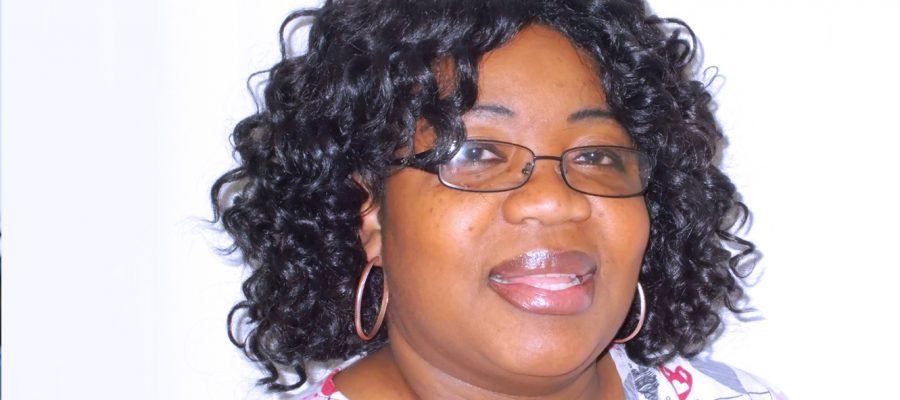 Does a loved one in your family need in home care due to age, disability, or other factors? Looking around for the right type of care can be a little intimidating, not least of which is figuring out all the acronyms associated with senior care. While doing your research, you may have come across the terms CNA, HHA, LPN, or RN…but what do these actually mean, and how do they apply to different types of care? Let’s find out!
Does a loved one in your family need in home care due to age, disability, or other factors? Looking around for the right type of care can be a little intimidating, not least of which is figuring out all the acronyms associated with senior care. While doing your research, you may have come across the terms CNA, HHA, LPN, or RN…but what do these actually mean, and how do they apply to different types of care? Let’s find out!
Here is what the acronyms stand for, as well as a short description of each. Then, we’ll get into which certification is appropriate for different types of care that may apply to your family or close friends.
Certified Nursing Assistant (CNA) and Home Health Aide (HHA)
There are many similarities between these two positions, and that is why they are shown here together. CNAs and HHAs work directly with patients and clients under the supervision of a nurse. They are the primary caregivers, with “hands-on” jobs. Among other tasks, CNAs and HHAs maintain client safety and provide comfort, privacy, and dignity to clients in the delivery of their care. Some of the minor differences are that CNAs can work in a variety of settings, like hospitals, nursing homes, and more, while HHAs work in the patient’s own home. Another slight difference is that Home Health Aides can assist with medication administration, while CNAs cannot.
Licensed Practical Nurse (LPN)
Like Home Health Aides and Certified Nursing Assistants, LPNs work under the supervision of a Registered Nurse. To become an LPN, however, you must complete a practical nurse program, which typically takes about a year. LPNs can accomplish all the same tasks as HHAs and CNAs, with some additional capability as a result of their increased formal education. They have a mixture of hands-on and supervisory roles. We’ll discuss these capabilities further in the next section.
Registered Nurse (RN)
A Registered Nurse is a person who has received a diploma, typically a Bachelor’s of Science in Nursing (BSN) or an associate’s degree in Nursing. These programs take 2-4 years to complete, and also require passing a test known as the National Council Licensure Examination-RN (LPNs must pass the NCLEX-PN test). Registered Nurses are typically in supervisory positions and act as an intermediary between other medical staff, doctors, and patients, as well as coordinating care plans.
So – does my loved one need an HHA/CNA, LPN, or RN for their in home care?
As you can read in our “Dear Nurse” column, many families are confused about which type of caregiver is required to meet a loved one’s needs. Often, the assumption is that a nurse is required, when really a Home Health Aide or Certified Nursing Assistant is more appropriate. Here are some questions to help sort out the answer:
- Does a loved one need assistance with activities of daily living (ADLs)? ADLs are tasks like eating, dressing, bathing, toileting, continence, and walking…things most of us can do unassisted for a very long time. But when age, illness, or disability necessitates assistance with these daily tasks, it’s time to consider in home care or senior care. At Pennsylvania Agency of Nurses, our Home Health Aides and Certified Nursing Assistants are qualified and ready to assist clients with personal grooming, companionship, meal preparation, medication reminders, light housekeeping, and transportation to and from appointments, errands, etc. If these are the sorts of services required for your family member or friend, a CNA or HHA is right for you.
- What if they need more specialized care? In addition to help with ADLs, a loved one may need assistance with catheterization, diagnostic testing and analysis, blood glucose testing, or other tasks. In home care services are also available for individuals with mental, emotional, or physical problems that require special care. At times, those with special needs have no available family member who can take care of them (such as an adult child with special needs whose parents have passed away). These persons may not have the capacity to handle day-to-day care, but do not want or need to go into a facility. Depending on the particulars, an LPN or HHA / CNA may be appropriate.
- Is a loved one transitioning between types of care? Sometimes, a health care situation is dynamic, and a loved one is transitioning into home care, out of an extended hospital stay, or perhaps into a nursing home. These transitions can be rather complex, and there are a lot of considerations to keep in mind (keeping track of medications and prescriptions, coming up with a plan of care, creating a schedule, etc). Fortunately, our Registered Nurse Geriatric Care Managers are in a great position to help families with these issues. Whether it’s total medical coordination, liaising between doctors and patients, or mediating family disputes about care, a Registered Nurse Geriatric Care Manager can assist families with constantly changing senior care or in home care situations.
If any of the above questions apply to your family situation, it’s a sign that you’re ready to start exploring home care options for a loved one. Hopefully, you have a better idea of the different certifications for caregivers, and what sort of help you may need. It is also worth considering other types of senior care, such as assisted living facilities, nursing homes, hospice, or adult day cares. In this blog, we discuss and compare the costs of different types of care for the loved ones in your life. Of course, if you have remaining questions, please contact us and we’ll be more than happy to help you figure out what care is needed, and the best way to go about it.
Learning about in home care options
To summarize, most often a family requires a CNA or HHA, and this service always includes Registered Nurse supervision. At Pennsylvania Agency of Nurses, all of our staff are able to assist with ADLs, and our LPNs and RNs can provide additional services as well. In addition to these basic qualifications, however, we are differentiated by our nurse-owned, nurse-operated approach, and our premier matching service between clients and caregivers. To learn more about how PAN can help families in the greater Philadelphia area, please reach out today!
{{cta(‘7f7b325d-cc42-44a5-ad34-7f10f0d96c73′,’justifycenter’)}}








